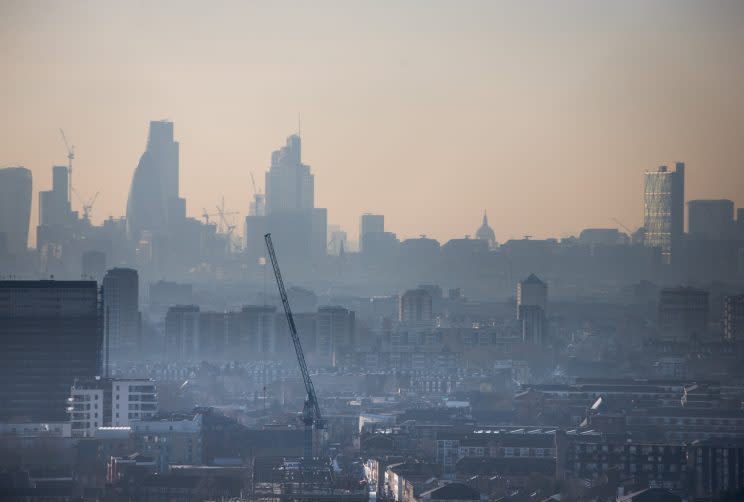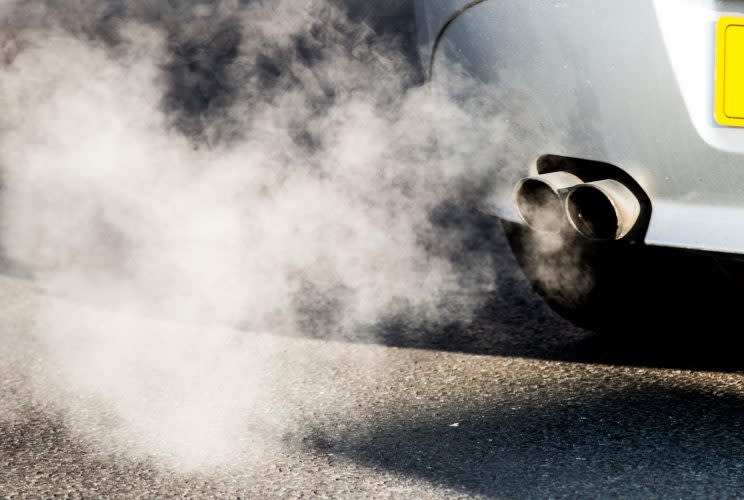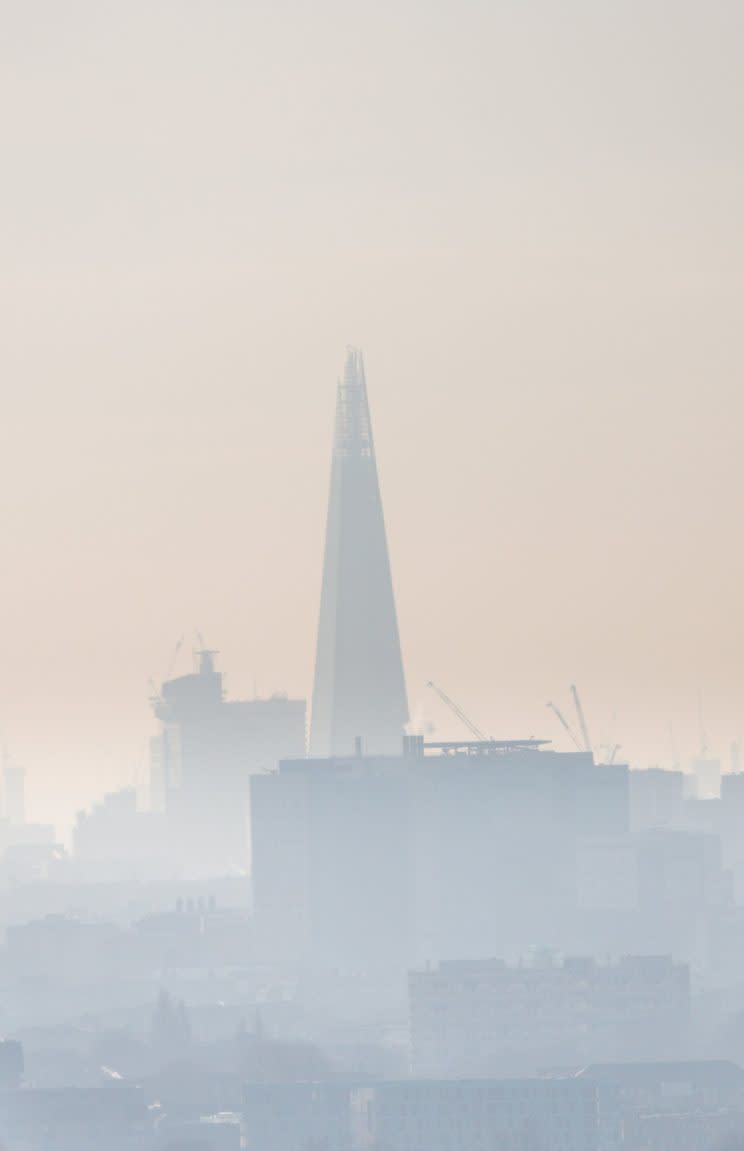Air pollution: What can be done to beat the toxic smog?

With tens of thousands of early deaths a year across the UK and London breaching its annual pollution limits in less than a week into this year, there is no doubt that air quality is a major problem.
Now campaigners are calling for a new Clean Air Act, harking back to the original legislation introduced in 1956 to deal with deadly smog.
It would force the Government to take action on air quality after Brexit and accelerate the move away from polluting transport, particularly diesel engines, which are a major part of the problem, they believe.

Diesel ban?
One measure being championed in some quarters, including by London Mayor Sadiq Khan, is a national diesel scrappage scheme to get some of the most polluting vehicles off the roads.
MORE: Grow old more easily – eat less
MORE: Company offers paid leave for new puppy owners
But a study last year from motoring research charity the RAC Foundation suggested a scrappage policy to get the oldest and dirtiest diesel cars off the road would have little effect on pollution.
Other options such as tackling pollution from lorries, and increasing the number of electric vehicle charging points and ensuring they continue to have subsidies, should be priorities instead, it said.
Targeting the food industry
Professor Toby Peters, at Heriot-Watt University in Edinburgh, suggests tackling pollution from transport refrigeration units, the secondary diesel engines used to provide cooling on refrigerated lorries delivering food.
Banning the highly polluting units from cities by 2022 – giving the food industry five years to find zero-emissions replacements – and immediately stopping them using “red diesel” which is cheaper because of low duty rates, could swiftly reduce emissions, he said.
While a national diesel scrappage scheme remains the subject of speculation, some areas are taking local steps to tackle the problem.
London’s dirty vehicle ‘tax’
In London, Mr Khan has announced new measures including a £10 toxic T-charge on the dirtiest vehicles driving in the centre of the city, more electric and hybrid buses and running only cleaner buses on certain busy road routes.

Schools badly affected by pollution are getting audits to help them find measures to tackle exposure, ranging from moving school entrances and play areas to putting in no engine idling zones or planting hedges to block out fumes.
Nottingham has a controversial workplace parking levy, through which firms are charged a fee for having more than 10 parking spaces, introduced in 2012 to cut traffic and reduce pollution.
Cornwall’s “last resort”
In Cornwall, one of the approaches being looked at as part of a clean air strategy involves compulsory purchase and relocation of residents away from polluted roads to new homes – though officials acknowledge it would be “very controversial” and would be a last resort option.
The UK’s problems are echoed elsewhere in Europe, with Paris and other French cities now requiring cars to carry a sticker showing their emissions levels and banning the most polluting from the roads when air quality is bad.
Government money
The Government said it has committed more than £2 billion to boost uptake of ultra-low emissions vehicles and support greener transport since 2011.
It adds that there was also a further £290 million in November for electric cars and other clean technologies.

 Yahoo News
Yahoo News 


